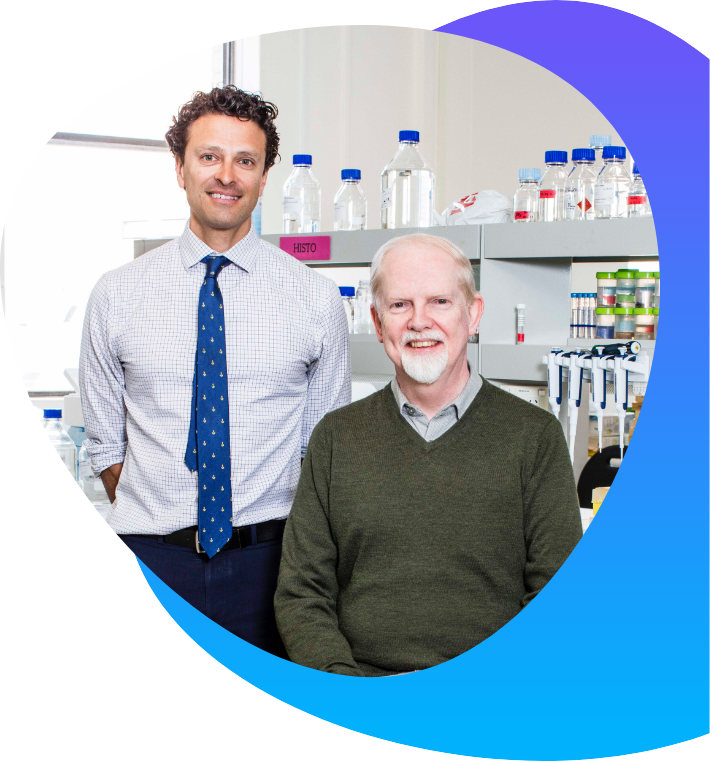Deep Brain Stimulation Technologies
New technology developed to enhance deep brain stimulation commercialised by Deep Brain Stimulation Technologies Pty Ltd (DBS Tech) shows promise of revolutionising the treatment of Parkinson’s disease.
DBS Tech
Deep Brain Stimulation Technologies (DBST) was established by the Bionics Institute in 2019 to commercialise new technology that enhances deep brain stimulation used in the treatment of Parkinson’s disease. Founding investors in the company included the Bionics Institute and other institutional and private investors. Parkinson’s disease is often treated with deep brain stimulation (DBS) therapy, where a battery-operated medical device is surgically implanted to deliver electrical stimulation and block abnormal signals causing the symptoms of Parkinson’s disease. New technology developed at the Bionics Institute will improve accuracy of DBS implantation and will eventually enable the device to automatically adapt stimulation levels to each patient’s varying needs.

Deep brain stimulation technology development at the Bionics Institute
Professor Hugh McDermott, formerly the Bionics Institute Chief Technology Officer, moved full time to DBST in 2022.
During his time at the Bionics Institute, Professor McDermott led the research team to develop this ground breaking technology.
The team discovered that certain neural clusters in the brain associated with Parkinson’s disease respond to electrical stimulation with a large signal called Evoked Resonant Neural Activity (ERNA).
They developed a system that captures the ERNA signal, meaning surgeons will be able to implant DBS electrodes in anaesthetised patients with greater accuracy using the signal as a guide. This will transform the experience of patients who currently need to be awake during surgery to report on symptoms and guide placement of the electrode.
The team are also developing the technique so it can be incorporated into an implantable device that uses the ERNA signal to automatically adapt stimulation levels to varying symptoms over time. This will significantly improve treatment effectiveness, which currently can’t be tailored to variations in symptoms, often resulting in too much or too little stimulation and poor symptom control.
Find out more about our deep brain stimulation research here.
Clinical study success
ERNA signal recordings have now been made in over 200 clinical study participants during surgery and DBST has received approval to conduct a multi-centre study across Australia and in the UK. Investigations into the presence of ERNA-like signals in other regions of the brain in study participants living with other neurological disorders are also underway.
Technology set to make a huge impact
Parkinson’s disease affects over six million people worldwide, and commercialisation of this technology is set to make a huge impact.
Want to support the future of research like this?
Early-stage research for life-changing devices like this is made possible by donations from our supporters. While donations are not needed for DBS Tech, we do need support for early research into innovative new devices.
Your support today could turn the seed of an idea into a new treatment in the future.
Find out how you can support research innovation here.